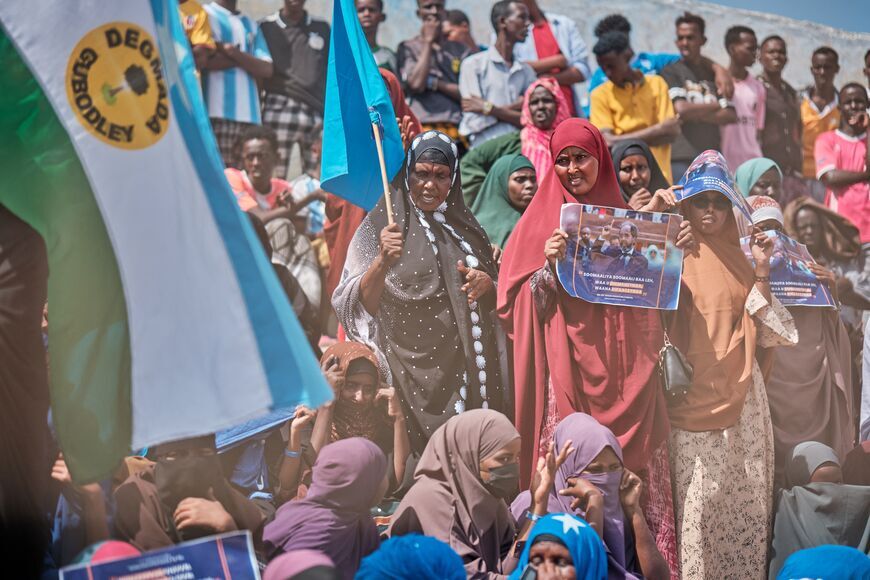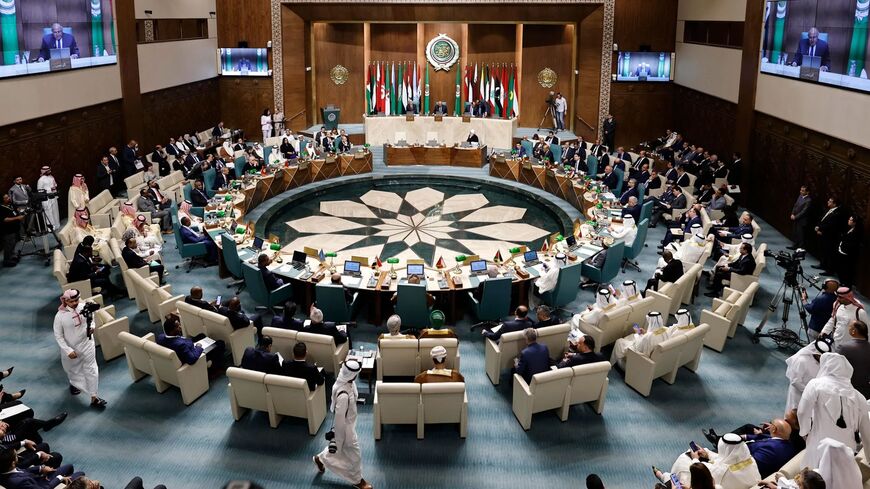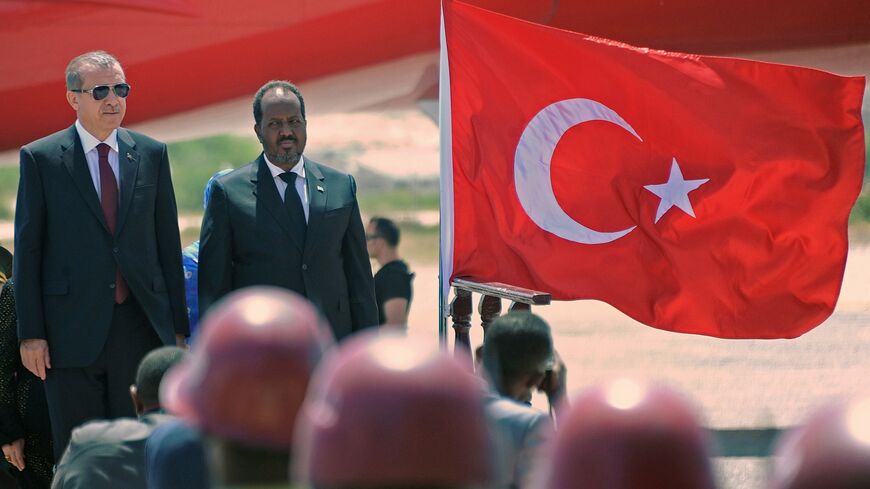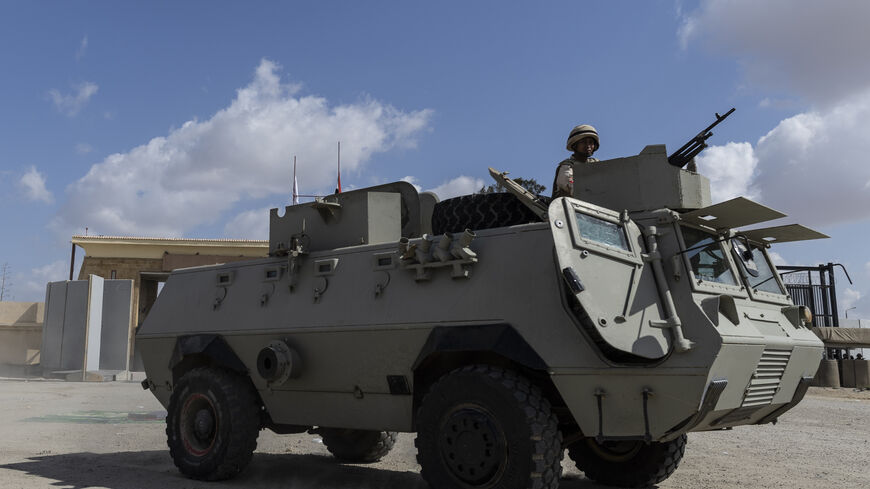Turkey confirms Somalia maritime security deal amid Somaliland tensions
Somalia ratified a defense cooperation agreement signed with Turkey earlier this month that would see Ankara help Mogadishu secure its maritime interests.
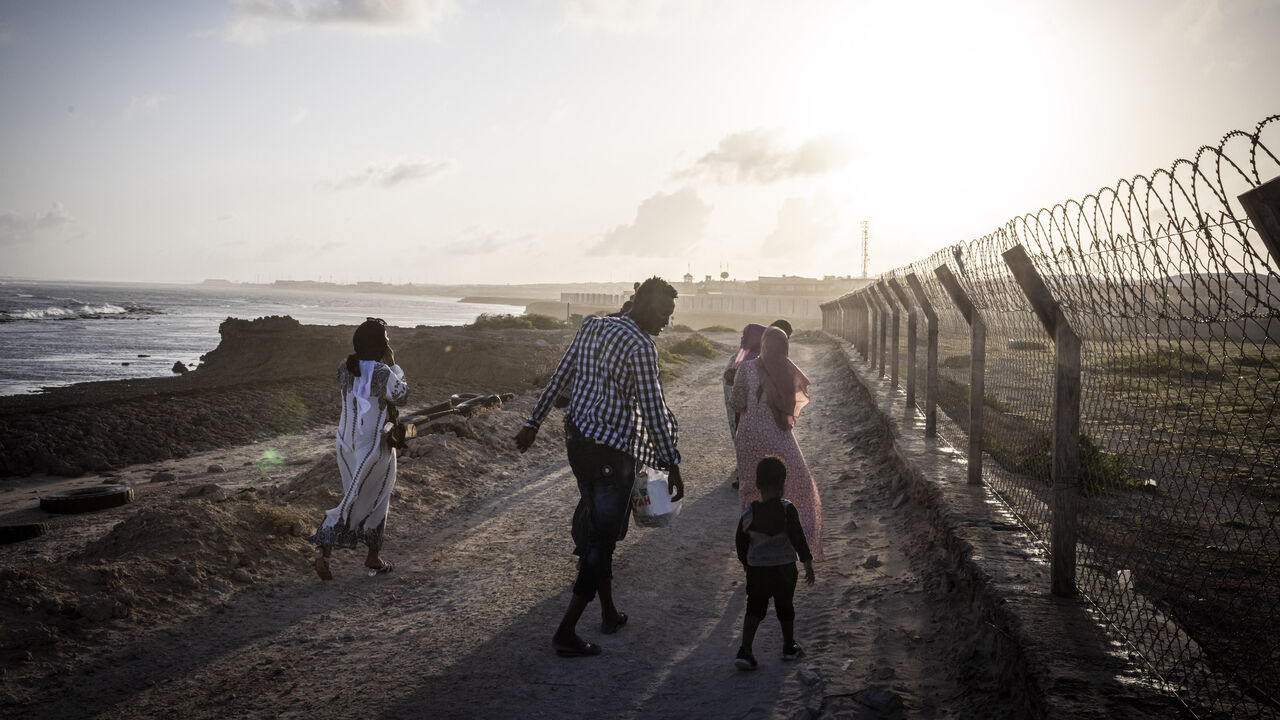
ANKARA — Turkey will help Somalia develop its maritime security under a defense cooperation deal signed in Ankara earlier this month, the Turkish Defense Ministry said on Thursday.
“Upon Somalia’s request, we will provide support in the field of maritime security, as we did in the field of fight against terrorism,” a senior official from the Turkish Defense Ministry told reporters. “Hence we will help Somalia develop its capacity and capabilities to combat illegal and irregular activities in its territorial waters.”
The official recalled that Turkey has been providing support to Somalia to reorganize its army and bolster its fight against terrorism.
The agreement, which Mogadishu approved Wednesday, will come into effect once it’s approved by the Turkish government as well, the official added.
The Defense and Economic Cooperation Framework Agreement was signed between Turkish Defense Minister Yasar Guler and his Somali counterpart, Abdulkadir Mohamed Nur, in Ankara Feb. 8.
Nur said at the time that the agreement involved cooperation on the fight against terrorism as well as military-financial cooperation.
The Turkish comments come one day after the Somali government approved the deal. The Somali Parliament ratified the agreement during a session on Wednesday.
Speaking after the parliament session, Somali Prime Minister Hamza Abdi Barre described the agreement as “historic,” saying that it will help authorities prevent “terrorism, piracy, illegal fishing, toxic dumping and any external violations or threats” to the country’s coast.
Rising tensions in Horn of Africa
Tensions remain high in the Horn of Africa region after Ethiopia and the breakaway region of Somaliland inked a controversial agreement granting Addis Ababa access to the Red Sea.
Under the deal signed in early January, Somaliland would lease 20 kilometers (12 miles) of its coast to landlocked Ethiopia to use as a military base and for commercial purposes. In exchange, Ethiopia would recognize Somaliland as an independent state.
Somaliland, a small territory on the coast of the Gulf of Aden, declared its independence in 1991 but is still recognized internationally as part of Somalia.
The deal sparked concerns of a wider conflict as several major powers are vying for influence in the strategic region.
Somalia’s 3,025-kilometer (1,879-mile) coastline, the longest in Africa, stretches along the Gulf of Aden to the north and the Indian Ocean to the east and south. Bordering Kenya and Ethiopia to the west and Djibouti to the northwest, it is considered a gateway to Africa.
Somalia fiercely denounced the Ethiopia-Somaliland agreement as a blatant breach of its territorial sovereignty.
Last month, President Hassan Sheikh Mohamud called Ethiopia an “enemy” and vowed to defend Somalia against any “Ethiopian aggression,” calling on the Somali people to take up arms to defend the country’s territorial integrity.
Ethiopian Prime Minister Abiy Ahmed downplayed fears of an armed conflict, saying that his country is not planning a war with Somalia. Speaking to the Ethiopian Parliament earlier this month, he stressed that the deal benefits not only Ethiopia but also “regional cooperation.”
Ethiopia has been seeking access to the sea ever since it lost its Red Sea ports when Eritrea declared its independence in 1993. It is Africa’s second most populous country with a population of more than 123 million — 68.7% of which are multidimensionally impoverished, according to 2021 data by the Ethiopian Policy Studies Institute.
Somalia received an outpouring of support from world countries. Turkey was among several regional nations to publicly back Somalia, one of the few countries to host a Turkish military base.
In the most recent show of support Wednesday, Assistant Secretary-General of the Arab League Khalil Ibrahim al-Thawadi delivered a message to the Somali president, reiterating the pan-Arab organization’s position in favor of Somalia.
The message stressed the Arab League’s support for the African nation against what it described as the “attack against its sovereignty and territorial integrity.”




